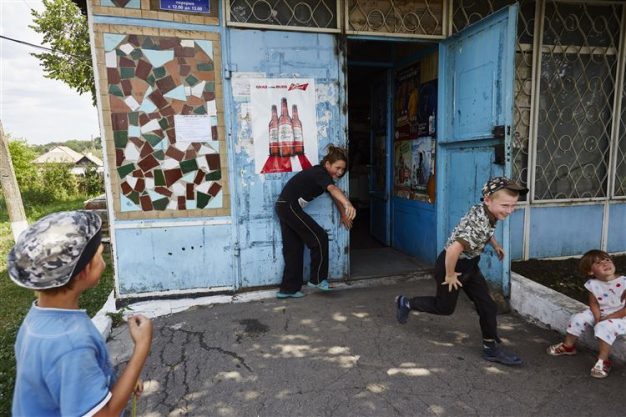
Living in poverty dramatically affects a child’s life chances
No child should have to live in poverty. However, study says since the transformation to market economy, in Poland income inequalities grew rapidly and low-income families rely heavily on the local government’s financial aid.
Since the fall of communism, thousands of children in the Central and Eastern European countries became unnoticeable victims of rapid economic change and withdrawal of socialist welfare state.
Griding poverty
“Material deprivation gap between children living in the worst financial situation and children having ‘average” living standard is high,”said Wielislawa Warzywoda-Kruszynska, Director of the Institute of Sociology, University of Lodz.
“Recent data collected by the Census Office documents that since 2010 there is an increase in the relative number of people living in severe poverty,” added Warzywoda-Kruszynska.
No school books or fashionable mobile phones
Too many of these children do not receive quality education because of poverty and discrimination.
“Many children lack school books because their parents cannot afford to purchase them,” said Warzywoda-Kruszynska.
“Children growing up in urban pockets of poverty are being bitterly excluded from their schoolmates’ circles due to lack of gadgets considered ‘fashionable’, eg. wearing clothes from second hand shops.”
Social exclusion
“There is social exclusion where family members are addicted by alcohol, plus where teenage girls fall pregnant, and teenage boys are incarcerated. They are being stigmatized and seen as the school ‘troublemakers”. They feel ashamed and voiceless,” explained Warzywoda-Kruszynska.
“The social services do not sufficiently support children growing up in poverty and as a result many of the neglected children engage in suicidal behaviour,” explained Warzywoda – Kruszynska.
Route out of poverty
Warzywoda-Kruszynska explained that the local governments fail to tackle the poverty issue through financial support due to budget shortage and the politicians rely on recovery of the local economy.
Furthermore, she suggested that public social services and non-governmental organizations, who provide aid to support children in need fail to deliver results due to their fragmented structures.
“It is necessary to form a large coalition composed of academics, who can provide reliable diagnoses based on research and practitioners, who are trained to work together as a team. They could build a strategic working plan, using different methods, involving poor children and teenagers at each stage of the process,” concluded Warzywoda – Kruszynska.




